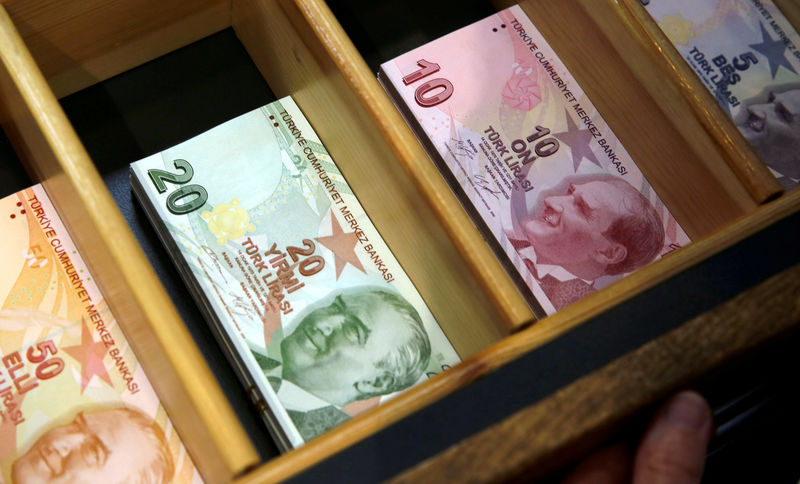Adaptimmune stock plunges after announcing Nasdaq delisting plans
Investing.com -- On Friday, the latest manufacturing Purchasing Managers’ Index (PMI) reports revealed a mixed picture for Central and Eastern Europe (CEE) in April, with the region displaying relative resilience in the face of heightened US tariffs.
Poland’s PMI slightly decreased from 50.7 in March to 50.2, maintaining a position above the critical 50 mark that separates expansion from contraction.
The Czech PMI registered a modest increase from 48.3 to 48.9, marking its highest level since June 2022.
The PMI reports indicated that CEE’s manufacturing sector’s robustness was primarily driven by the strength in the output sub-index.
However, the new export orders component experienced a decline, signaling potential challenges for domestic manufacturing in the upcoming months due to the tariff impacts.
In contrast to the relative stability in CEE, manufacturing PMIs in Asia have shown more significant strain, likely due to those economies’ greater exposure to the US’s recent shift towards protectionism.
Turkey’s PMI remained unchanged at 47.3, but the survey highlighted growing price pressures, with increases in both input and output prices.
This trend is attributed in part to the recent depreciation of the Turkish currency.
In response, Capital Economics has adjusted its forecast for Turkey’s interest rates, anticipating less monetary easing than previously expected by most analysts.
The central bank of Turkey may find these developments concerning, as they navigate the balance between fostering economic growth and controlling inflation.
This article was generated with the support of AI and reviewed by an editor. For more information see our T&C.
